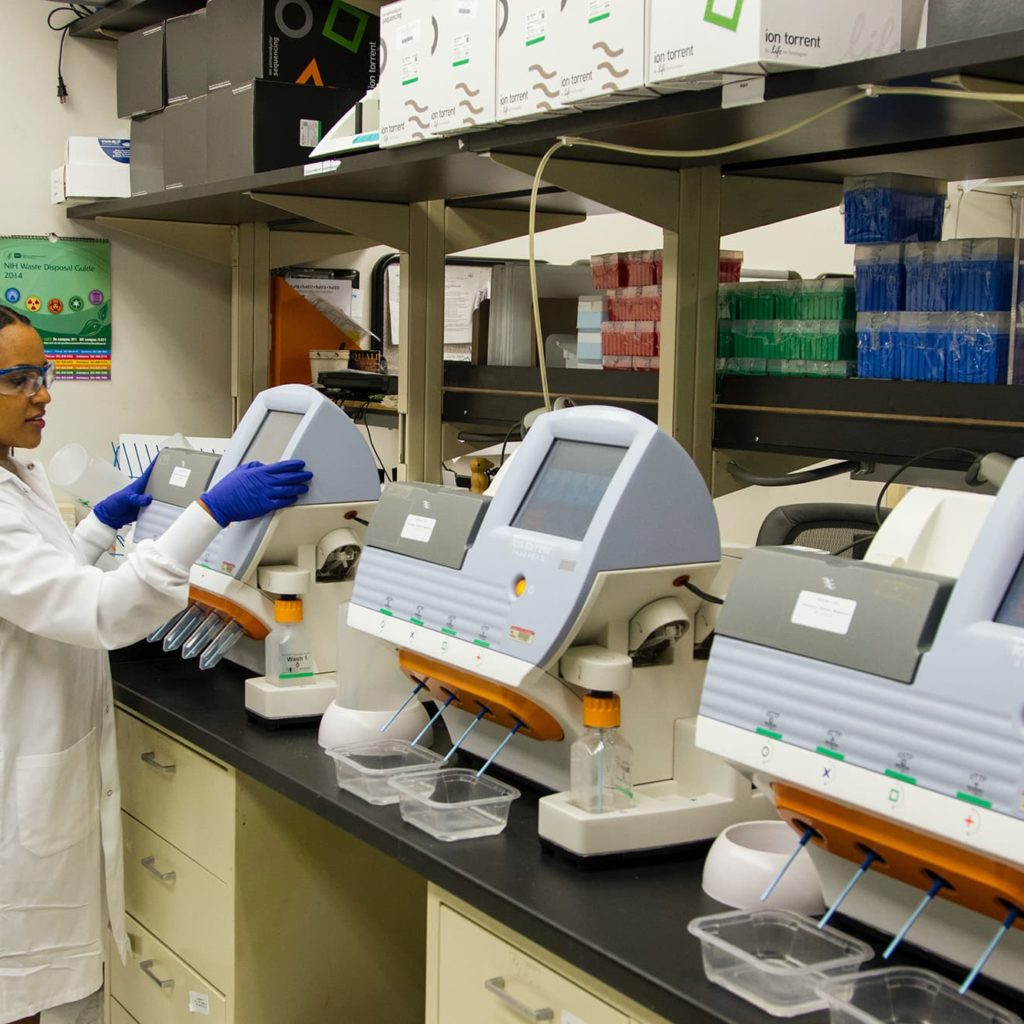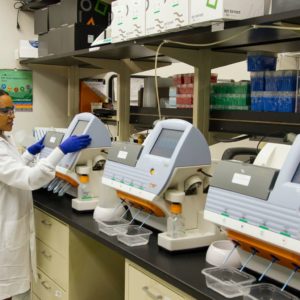What’s the deal with lab-grown meat? Why Australia’s free trade agreement with India could see a boom in exports of innovative cruelty-free meat alternatives and vegan wine
As Australian cattle farmers face climbing temperatures and intense droughts, speculation continues to grow over whether lab-grown meat will step up to support the future of meat production and exports.
Over the next 30 years, it is predicted that Aussie farmers will see a devastating fall in profits of up to 50% as unpredictable weather cycles caused by global warming render their farms less productive, according to a report by the Australian Bureau of Agricultural and Resource Economics and Sciences.
Unfortunately, that’s a bleak future that many farmers are already beginning to experience, with Aussie farms seeing an average profit drop of 23% over the 20 years to 2020 due to the changing climate.
So, will the wonders of lab-grown meat step up to the plate to become one of Australia’s largest exports as cattle farming dwindles? It’s unlikely, say researchers.
Lab-grown meat, also known as cultured meat, has long been hailed as the ‘cruelty-free’ future of all meat production in the 21st-century zeitgeist. The truth is far from appetizing.
Behind its ‘vegan-friendly’ image most lab-grown meat is hiding a number of unsavoury secrets, the most disturbing of which is Fetal Bovine Serum.
Foetal Bovine Serum (FBS) is a growth supplement produced from the blood of unborn calves who are slaughtered along with their mothers. This serum is used in the production of most lab-grown meats to maintain the cells and promote them to proliferate (multiply) into strips of muscle as if they were still inside the body.
Animals being killed for meat is nothing new, but the crux of the issue with FBS is just how shockingly inefficient this unnecessary waste of animal life is.
For every one lab-grown burger approximately 100 unborn calves and their pregnant mothers are killed to produce the 50 litres of FBS needed. That’s 200 cows killed for ONE burger.
Unfortunately, the process used to extract the blood from the fetus is equally as nauseating.
Researchers believe the calf is able to consciously feel pain as it is cut open for access to its heart and drained of blood. The calf’s heart continues to beat for up to five minutes during this slow death.
Over one million unborn calves are harvested this way for Fetal Bovine Serum each year. Whilst some of this serum will be used to grow cells during vital medical research, in the last two years demand from the cultured meat industry has pushed FBS prices up by 300%.
This means that the estimated cost of producing just one lab-grown burger using FBS is approximately $7,600 (AUD), WIRED reports. However, this could be an underestimate as other reports price FBS at up to $1,200 (AUD) per litre.
Although around 90% of the 110 companies pioneering cultured meat products worldwide continue to use FBS to make their products, almost all intend to find a scalable alternative to FBS before taking their products to market. This is because using FBS is simply not commercially viable.
A number of cultivated meat companies, such as Mosa Meat, have successfully gone ‘cruelty-free’ by using plant-derived and chemically-derived FBS alternatives, however, it remains to be seen just how scalable these methods are.
So would cultured meat be a commercially viable and more environmentally friendly option than cattle if Fetal Bovine Serum was cut out of the equation? Probably not.
One 2011 study from Oxford University stated that lab-grown meat could cut greenhouse gas emissions by 96% when a plant-derived nutrient source (Cyanobacteria hydrolysate) and genetically engineered E.Coli were used in the place of FBS.
However, another more recent study (2019) by LEAP (Livestock, Environment and People), found that even when using the plant algae-derived Cyanobacteria as an FBS alternative to grow the cells, the environmental benefit of lab-grown meat was not clear.
The study found that lab-grown meat was potentially more harmful to the environment than cattle in the long run, due to the different effects of the greenhouse gases produced. Methane produced by cows remains in the atmosphere for around 12 years, whilst the CO2 produced from a lab growing ‘meat’ (using non-renewable energy) can remain for thousands of years, producing a larger overall global warming effect.
That’s not the only problem facing lab-grown meat. One two-year techno-economic analysis commissioned by Open Philanthropy on the viability of food scale cultured meat production found “a number of significant barriers to the scale-up of animal cell culture”.
Analysis from the Good Food Institute found that around 4,000 superlab facilities (costing $601M [AUD] each) with giant specially designed bioreactors would need to be built by 2030 to produce just 10% of the world’s protein needs using lab-grown meat, Food Navigator reports. This would cost $2.4 trillion AUD, a cost that would be passed to the consumer.
So what does the changing landscape of Australia’s meat market mean for its exports over the next decade as cattle stocks are predicted to fall due to global warming?
Australia exports 60% of its beef and is the world’s most valuable and second-largest beef exporter after Brazil. Australia is also the largest consumer of beef per capita, according to a report from Meat & Livestock Australia.
But there’s no denying that the public’s protein preferences and attitudes towards their diet have shifted, with around 22% of the world’s population now vegetarian or vegan, and 12% of Australians.
These changing attitudes towards meat are not to be ignored, especially when negotiating a trade deal with India where 24% of the world’s vegetarians live.
India is the world’s largest consumer of vegetarian food, with a massive 39% of the Indian population classing themselves as vegetarian, and 81% restricting their meat intake on certain days.
Researchers at Botanical Proteins believe they have cracked the future of plant protein production, creating a new class of protein-rich plants that not only taste good with minimal processing but provide an impressive nutritional profile with a full spectrum of proteins and omegas 3, 6 & 9.
A representative for Botanical Proteins, which is part of Defugo Technologies, said: “We believe that Australia’s protein exports could be supplemented by this innovative new class of proteins that we’re already producing as a byproduct of green energy.
“A report from the UN has found that industrial livestock farming will not be able to meet the population’s demand for protein by 2050, meaning that most people won’t have access to an animal protein-rich diet. Botanical Proteins offer an affordable and tasty solution that will feed the world.
“Establishing Australia as a cost-effective exporter of plant protein is a forward-thinking move that we’re asking Canberra to consider.”
The researchers believe that another significant export market to consider when negotiating a free trade deal is the vegan wine market, especially in India where 30% of the wine sold is imported.
Botanical Proteins added: “Our technology also offers the wine industry a solution that could replace the animal proteins used to remove tannins from most wines with plant-based alternatives.
“This would create a truly vegan product that can be more easily marketed across the globe. For example, vegan wines could be traded with our partner India under the recent free trade deal on premium wines.”
Whilst India may not have a reputation for being a vast consumer of alcohol based on its various religious and cultural preferences, just under a third (30%) of the population consumes alcohol.
That’s a sizable market to tackle, especially considering that whilst only 40% of Australians regularly drink alcohol, around $32.8 billion (AUD) of Australia’s wine market is made from domestic sales.
A report by the Sydney Morning Herald valued Australia’s presence in the Indian wine market at $12 million currently, with the new deal predicted to see growth in the premium wine market.
Tony Battaglene, chief executive of industry group Australian Grape & Wine, told the publication that the deal on wine trade with India was “as good as you’re going to get at the moment”.
However, researchers at Botanical Proteins believe there is far more potential trade at stake.
Using its plant-based technology Botanical Proteins believes winemakers will now be able to harness an untapped market in India, vegan wines.
So, is it time Australia rethought its exports to fit the changing markets?
**ENDS**
Sources:
https://www.youtube.com/watch?v=2axzm-hFrww&ab_channel=ImpactInvestingShow
https://www.wineaustralia.com/market-insights/australian-wine-sector-at-a-glance (82% of Australia’s $40 billion wine market, domestic sales)






